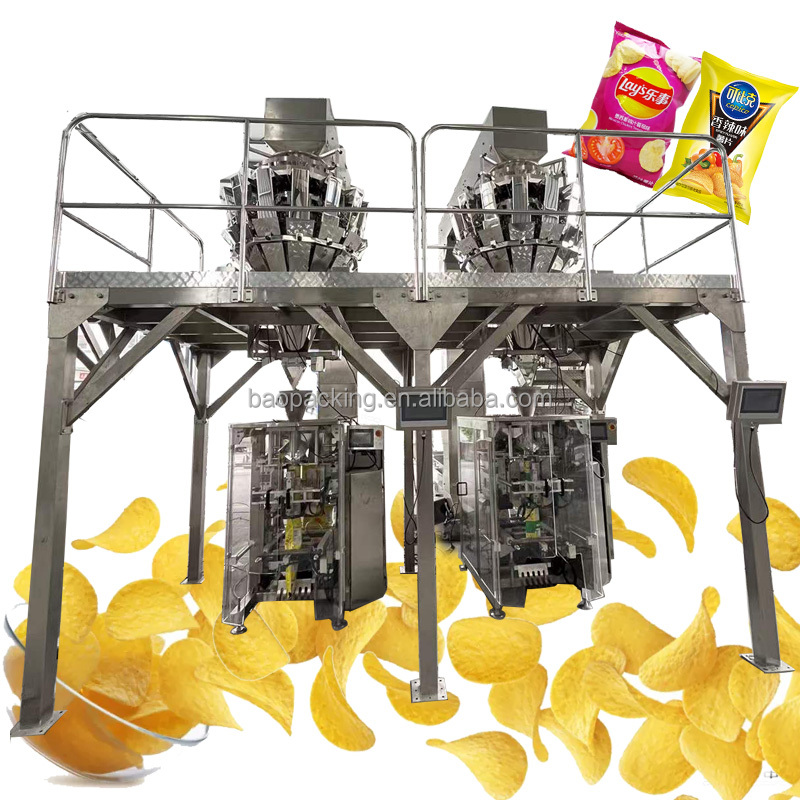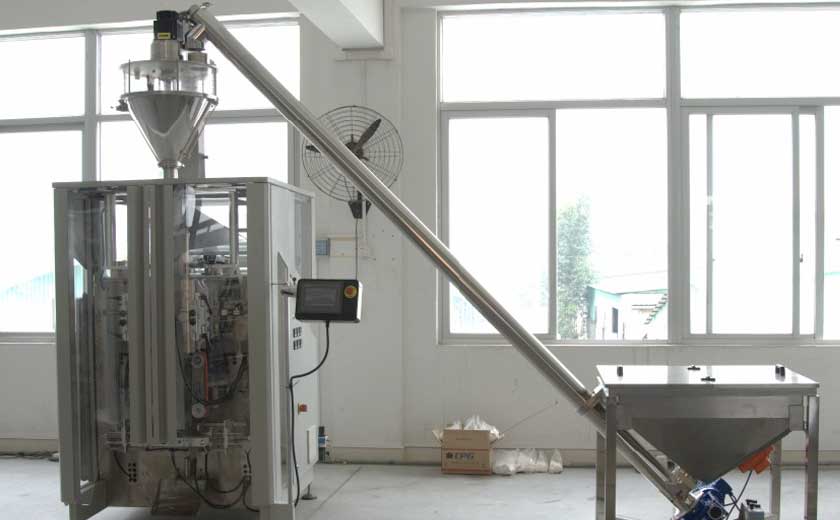Packaging Machine Automation: Revolutionizing Production Lines
The Future of Packaging: A Dive into Automation
In the fast-paced world of manufacturing, automation has become the key to efficiency and innovation. One area that has seen significant advancements is packaging machine automation. The integration of robotics and AI has revolutionized production lines, optimizing processes and ensuring consistency in packaging quality.
Automated packaging machines are equipped with sensors and smart technology that allow them to adapt to different product sizes and shapes. These machines can handle a wide range of packaging materials, from plastic and glass to cardboard and metal, with precision and speed.
One of the key benefits of packaging machine automation is the reduction of human error. By minimizing manual intervention, manufacturers can improve the accuracy of packaging, leading to fewer defects and higher customer satisfaction. Additionally, automation allows for continuous operation, increasing productivity and output.
The Advantages of Automated Packaging Machines
Increased Efficiency: Automated packaging machines can work around the clock, significantly speeding up the production process. This increased efficiency translates to lower costs and higher output.
Quality Control: Automation ensures consistency in packaging, reducing the risk of mistakes and quality issues. This leads to better products and improved brand reputation.
Flexibility: Modern packaging machines are versatile and can be easily reconfigured to accommodate different products and packaging requirements. This flexibility allows manufacturers to adapt quickly to market demands.
Environmental Impact: Automated packaging machines can optimize material usage, resulting in less waste and a lower environmental footprint. By minimizing packaging material and energy consumption, companies can contribute to sustainability efforts.
The Role of AI in Packaging Automation
Artificial intelligence plays a crucial role in enhancing the capabilities of automated packaging machines. AI algorithms can optimize packaging processes, predicting potential issues and adjusting parameters in real-time to ensure optimal performance.
Machine learning algorithms analyze data collected during packaging operations, identifying patterns and trends that can improve efficiency and quality. AI-driven predictive maintenance can also prevent machine breakdowns, minimizing downtime and reducing maintenance costs.
Challenges and Opportunities
While packaging machine automation offers numerous benefits, there are challenges that manufacturers need to address. Implementation costs, workforce training, and cybersecurity concerns are some of the hurdles that companies may face when transitioning to automated packaging systems.
However, these challenges present opportunities for innovation and growth. Companies that invest in automation can gain a competitive edge, improve operational efficiency, and meet the evolving demands of the market.
As technology continues to advance, the future of packaging machine automation looks promising. By embracing automation, manufacturers can streamline their production processes, deliver high-quality products, and stay ahead in a rapidly changing industry.
-
Overview of Packaging Machine Buying Guides
08-01-2024 -
How Does a Vertical Form Fill Seal Machine Work?
30-10-2023 -
Advancements in Auger Powder Filling Technology
27-10-2023 -
A Deep Dive into Automatic Packaging Machines
26-10-2023 -
The Revolutionary Fully Automatic Potato Chips Packaging Machine
20-09-2023 -
How to choose the right packaging machine?
23-08-2023 -
Reducing Waste And Maximizing Yield With Multihead Weigher Machines
15-03-2023 -
Nuts Packaging Machine for Dry Products Perservation
26-11-2022 -
Is Automated Biscuit Packaging Machine Better Than Manual Opeartion?
25-11-2022













